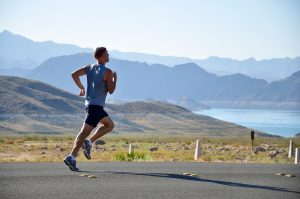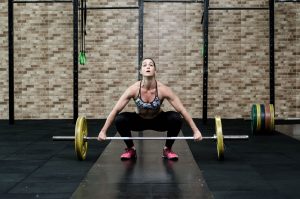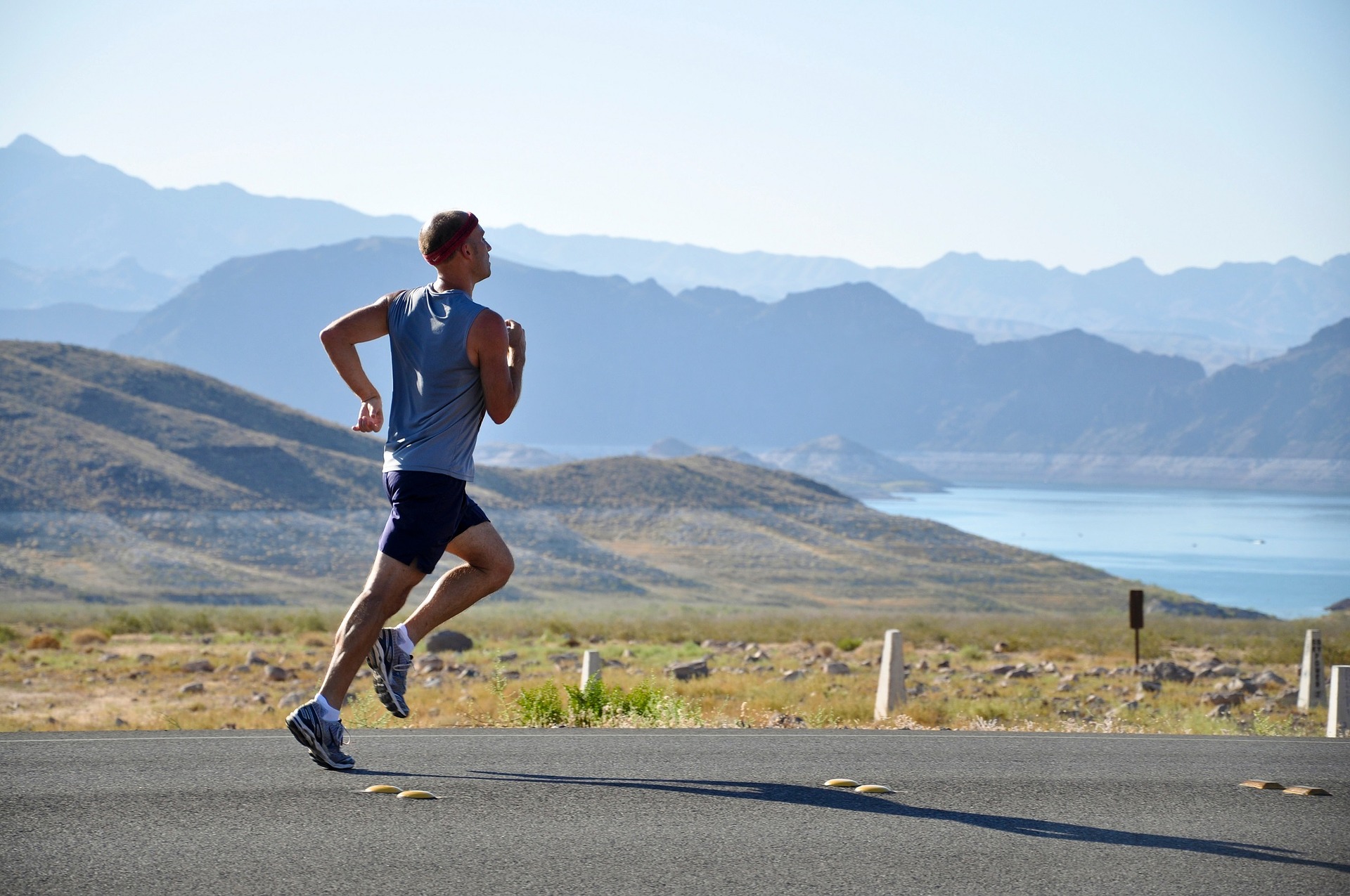Why Athletes Need Water
Hydration is important to your athletic performance whether you are a weekend warrior, professional athlete, or just a leisure walker. However, depending on your level of exertion, you may need more water than you realize. It doesn’t matter if you are an 11-year old on the soccer field or a 30-something hitting the gym, staying properly hydrated means drinking the right amount before, during, and after exercise.

Water is an essential nutrient that our bodies use to maintain blood volume, regulate temperature, and maintain muscular activity. To help prevent overheating during exercise, the body sweats to remove excess heat. As beads of sweat form on the skin, they evaporate to help the body maintain its optimal temperature. In order to sweat, you need to be properly hydrated, which means replacing the fluids lost while sweating.
Dehydration Decreases Athletic Performance
Often, people do not realize just how much fluid is lost while sweating during exercise. If you aren’t replenishing your fluid levels, you may increase your risk of heat-related illness, muscle function becomes hindered, and athletic performance decreases. Performance can begin to decline when the body has lost as little as a 2-3% of its fluids. Not only will dehydration impact your physical performance, but it can also cause a decline in your mental capacity as well. Some of the symptoms that can occur from dehydration during athletic activity include increased core temperature, decreased blood pressure, increased heart rate, nausea and vomiting, headache, fatigue, and muscle cramps.
The risk of dehydration becomes even greater if your activity takes place in hot and humid conditions. The humidity makes it more difficult for your body to cool itself by sweating. This can prevent your body from being able to maintain it’s proper temperature, creating a need for more fluids.

Preventing Dehydration
While some athletes like to train their bodies to deal with adverse conditions, it is not possible to train your body to fight dehydration. Drinking more fluids and eating foods with a high water content is the best way to stay properly hydrated during exercise and athletic activity. If you are planning on strenuous exercise or activity in high heat and humidity, you should begin hydrating the night before. This should be followed by regular hydration during the activity, followed by the consumption of more fluids afterward.
The American Council on Exercise has the following hyrdration recommendations to help maintain athletic performance:
| How Much to Drink | When to Drink |
|---|---|
| 17 to 20 ounces | 2 to 3 hours before exercise |
| 8 ounces | 20 to 30 minutes before exercise or during warmup |
| 7 to 10 ounces | Every 10 to 30 minutes during exercise |
| 8 ounces | Within 30 minutes after exercising |
Estimating Your Fluid Losses
The best way to stay hydrated is to know how much your body sweats. This can help you understand the amount of fluid you are losing that needs to be replaced. You can work with a sports dietitian to determine your sweat rate or you can measure it yourself.
- Weigh yourself immediately before you begin to exercise.
- Perform your normal exercise routine.
- Towel off any excess sweat and weigh yourself immediately after you finish exercising while wearing the same clothes from your previous weigh-in.
- Calculate the change in your weight from before and after exercise. This gives you the amount of fluid lost that needs to be replaced.
Can You Drink Too Much?
One concern that some athletes have is overhydrating. This can also have a negative impact on your performance. It is possible to drink so much water after exercising that you can become ill. Drinking more fluids than your body has lost can cause a dilution of your sodium levels. Symptoms of this condition, known as hyponatremia, include disorientation, headaches, and nausea. Knowing your sweat rate can help you avoid drinking too much after exercise.
What Is the Best Fluid to Drink?
With so many varieties of water and sports drinks, you may be left wondering what is your best option for optimal performance. While sports drinks are helpful to replace electrolytes lost through sweating, you can’t go wrong with plain water especially for short, low-intensity activities. Make sure that the water you are drinking is safe, quality drinking water. There are easy to use tests available that can show you exactly what is in your water in a matter of minutes. These tests work for bottled water, tap water, and well water. This is especially important if you’re exercise takes you into nature – always test the water before you start guzzling from that pristine looking stream.
To improve performance during more intense workouts you may want to include an endurance drink. These drinks typically contain carbohydrates and electrolytes that muscles need during prolonged exercise.

As you can see, staying well hydrated is an important part of any athletic training plan. We all know that bodies need water, but sometimes we forget that we need to replenish that water while exercising. If you want to perform at your best, make sure to increase your fluid intake before, during, and after exercise.

